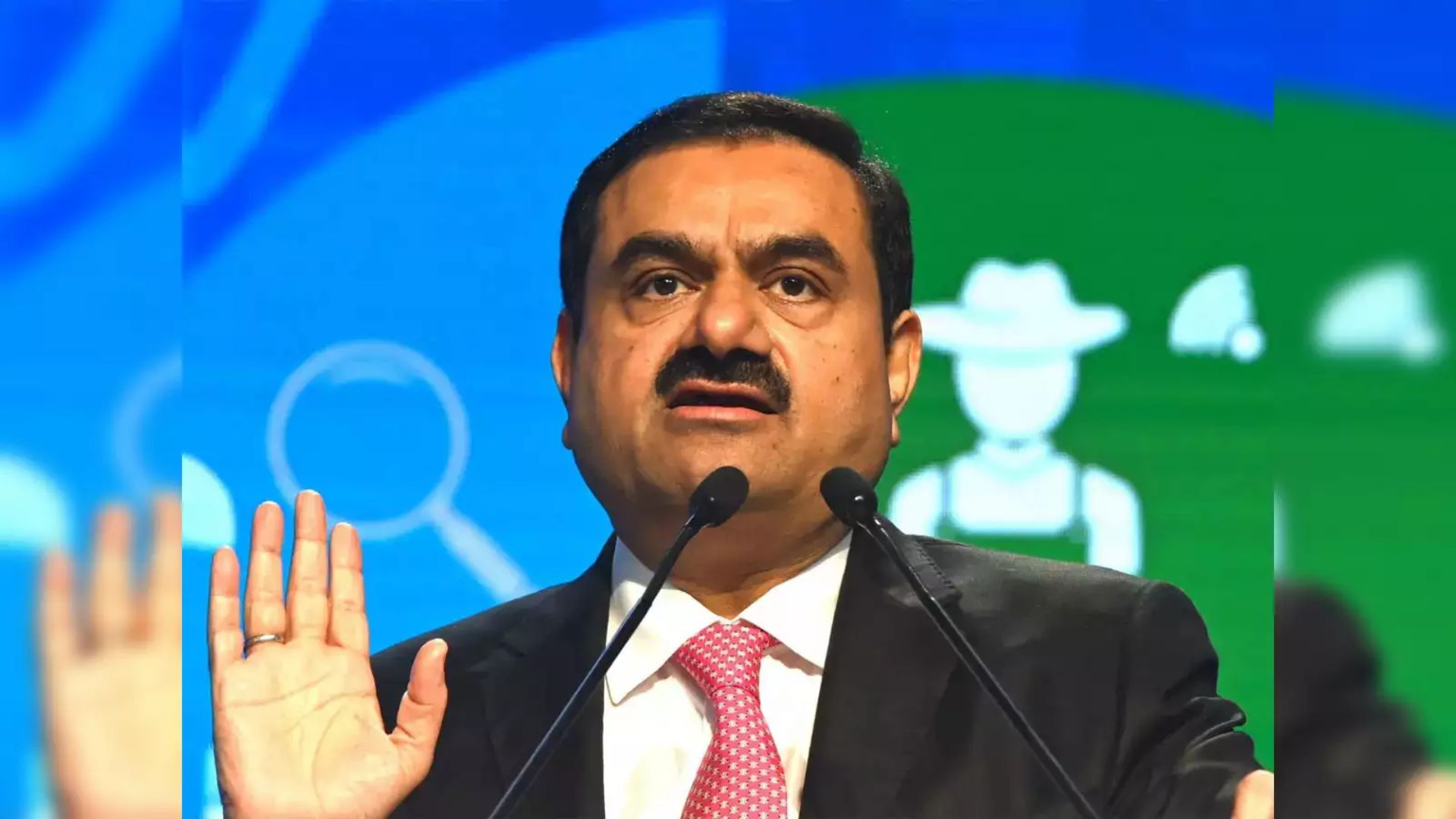Adani Green Energy, part of the Indian conglomerate Adani Group, has decided to withdraw from its $442 million wind energy project in Sri Lanka. The decision follows a move by the Sri Lankan government to renegotiate the terms of the project, citing concerns over the energy costs and the terms of the power purchase agreement.
The wind power project, which was to be established on Sri Lanka’s north-western coastline, involved the development of a 484-megawatt renewable energy facility. Adani Green Energy had initially signed an agreement with Sri Lanka’s Board of Investment (BOI) in early 2023, which included a 20-year power purchase agreement at a fixed tariff rate of 8.26 cents per kWh.
However, the political climate in Sri Lanka took a turn as President Anura Kumara Dissanayake’s administration revoked the power purchase agreement, demanding a renegotiation of the deal to lower energy costs. The government’s move was spurred by political factions that labeled the agreement as “corrupt” and sought better terms for the country.
Adani’s Letter To Sri Lanka
In a letter sent to Sri Lanka’s Board of Investment on February 12, 2025, Adani Group expressed respect for Sri Lanka’s sovereign rights but announced its decision to “respectfully withdraw” from the project. The company stated that despite the challenges, it had spent around $5 million on preliminary development activities related to the project. These activities included land acquisition and progress on the associated transmission infrastructure, necessary to deliver the generated power to Sri Lanka’s southern regions.
Adani Green Energy’s letter emphasized that despite the withdrawal, the company remained open to future development opportunities in Sri Lanka. The company conveyed its willingness to engage with the government on other potential projects in the future, underlining that they respected Sri Lanka’s decisions.
The withdrawal marks the latest setback for the project, which had already faced several hurdles, including environmental clearance delays. Environmentalists had also raised concerns, filing a public interest litigation challenging the power purchase agreement, arguing that the agreed tariff could lead to losses for Sri Lanka and burden its consumers with higher energy costs.
Adani Group’s move to withdraw from the project has stirred a debate over Sri Lanka’s energy policies and the country’s approach to foreign investments. While some see the renegotiation as a necessary step to secure better energy rates for the nation, others view the termination of such large-scale investments as a potential blow to Sri Lanka’s renewable energy goals.
Despite the cancellation of the project, Adani Group’s withdrawal letter made it clear that the company continued to value its relationship with Sri Lanka. The letter concluded with an offer to engage in future opportunities should the government seek their expertise for new ventures.
ALSO READ: Titan Q3 Results FY25: Net Profit Declines 5% YoY To ₹990 Crore; Revenue Increases 24%




